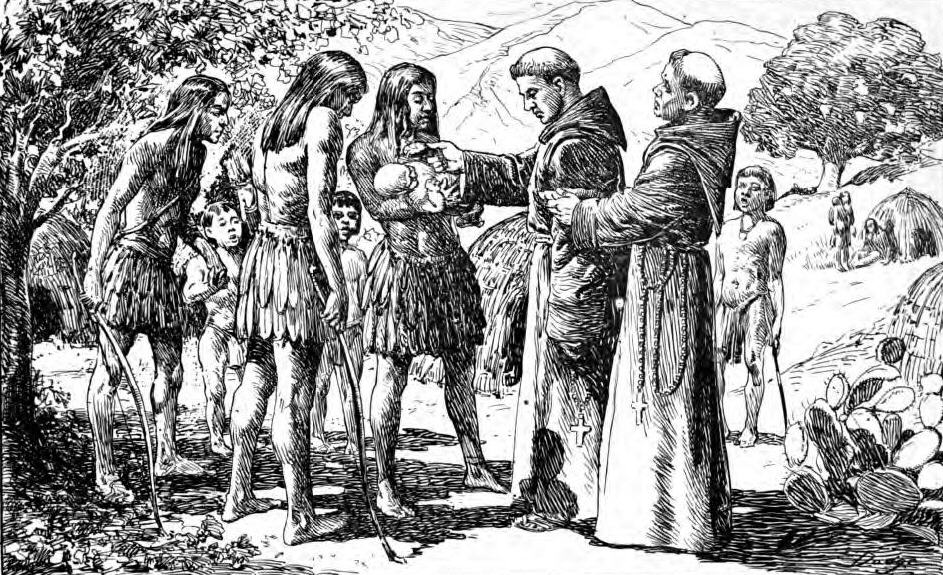The Guardian reports that many communities across America are celebrating Indigenous People Day alongside the Federally recognized Columbus Day holiday; it is still a tiny number of cities and counties, but the movement to recognize the contributions of indigenous people, and the losses they suffered under colonialism, seems to be gaining strength.
Is this lip service or an important step in ending the widespread discrimination the UN documented in a report from September of 2012? From the UN report:
The Special Rapporteur concludes that indigenous peoples in the United States –
including American Indian, Alaska Native and Native Hawaiian peoples – constitute
vibrant communities that have contributed greatly to the life of the country; yet they face
significant challenges that are related to widespread historical wrongs, including broken
treaties and acts of oppression, and misguided government policies, that today manifest
themselves in various indicators of disadvantage and impediments to the exercise of their
individual and collective rights.
These findings would have likely sparked international outrage and possible economic or military intervention if they concerned a nation other than the United States; is recognizing the human rights violations and oppression of indigenous people a first step towards resolution and acknowledgement of the UN report? What steps is the Federal government taking to redress the manifold wrongs documented in the report?
If you’re preaching this Sunday, are you going to talk about Columbus and the founding of America? Will you preach about the people hurt by settlers and colonialists, and later by American citizens, operating within and outside of the law?

